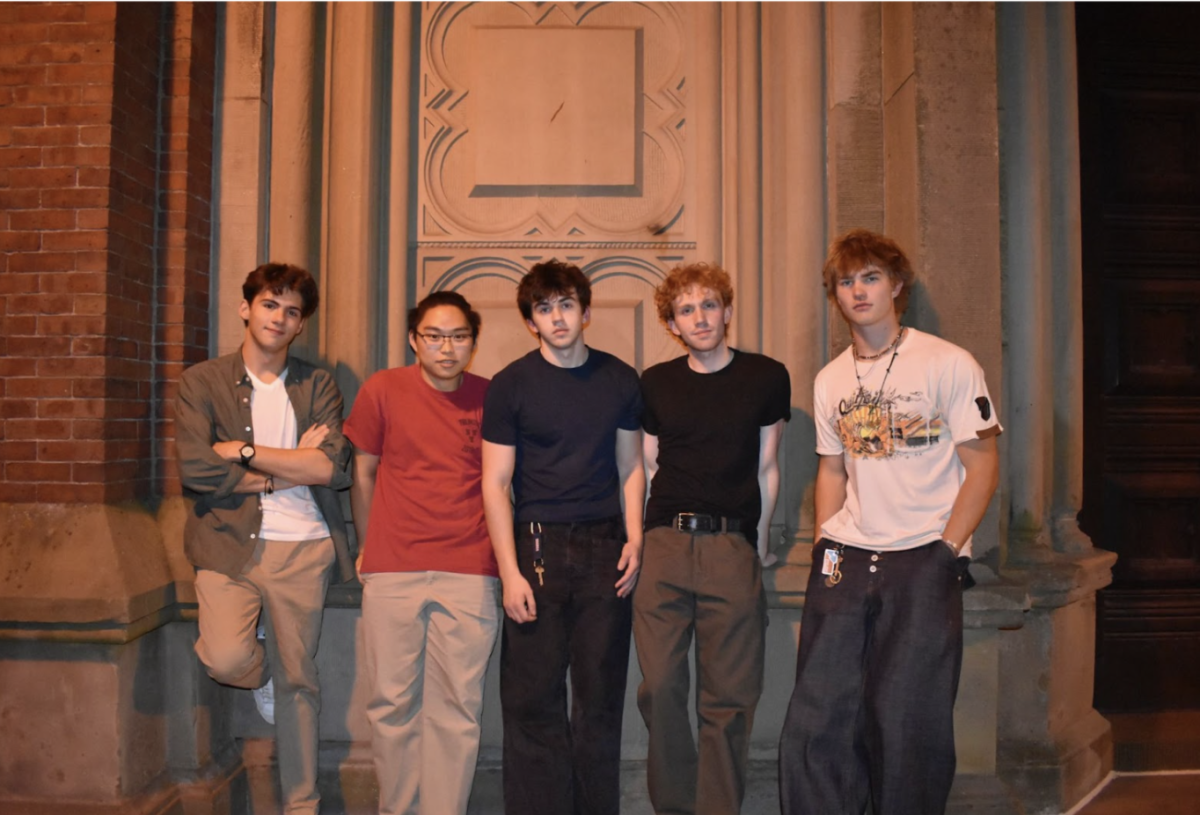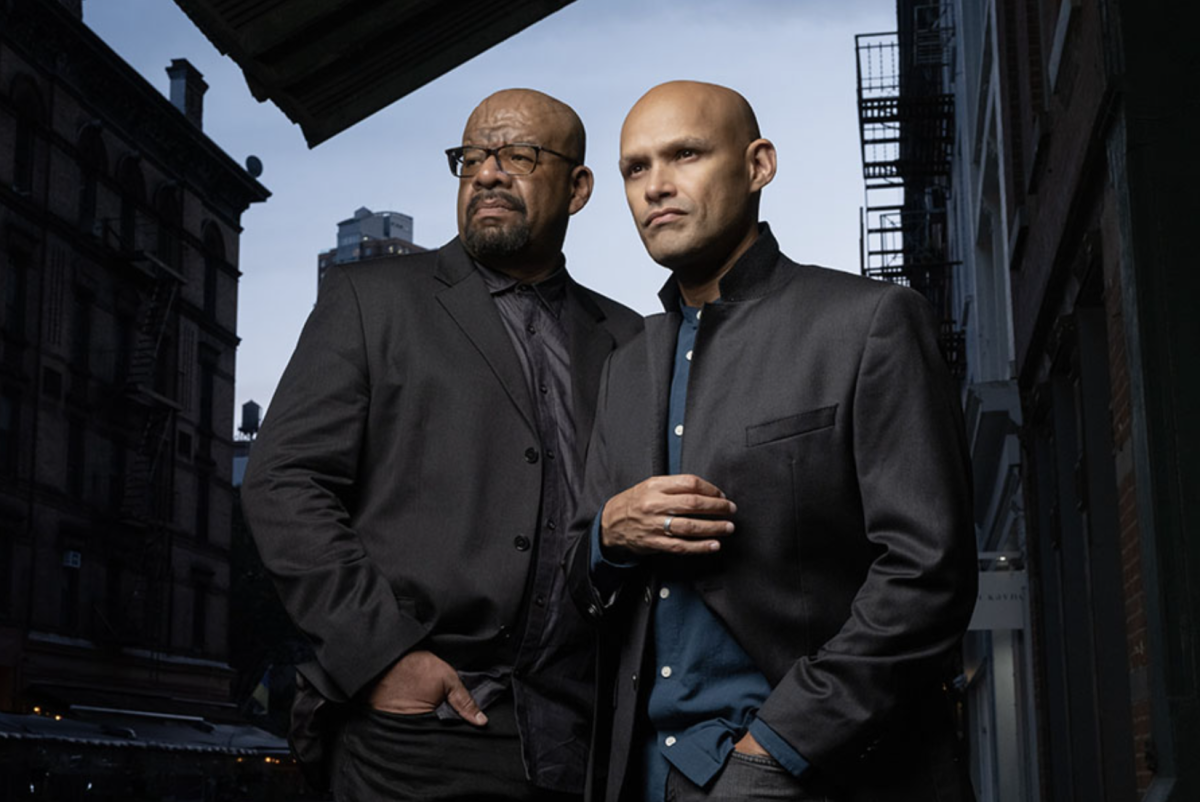On Friday, Nov. 30, a reception with Tracy Heather Strain, Wellesley alumna and director of the new feature-length documentary “Sighted Eyes | Feeling Heart,” took place in Collins Cinema Cafe followed by the screening of the documentary in Collins Cinema. The documentary is narrated by American actress and producer Latanya Richardson Jackson, and Lorraine Hansberry’s diary entries are voiced by Tony Award-winning actress Anika Noni Rose. The production team decided on the title of the documentary after being inspired by Hansberry’s belief that “one cannot live with sighted eyes and feeling heart and not know and read of the miseries which affect the world.”
“Sighted Eyes | Feeling Heart” discusses the tragically short but hugely impactful life of Lorraine Hansberry. At the age of 28, Hansberry became the first female African-American playwright to have her work performed on Broadway when “A Raisin in the Sun” ran on Broadway from March 11, 1959 to June 25, 1960 for 530 total performances. The original cast included well-known Black actors such as Sidney Poitier, Ruby Dee, Ivan Dixon, Lonne Elder III, Louis Gossett Jr., Claudia McNeil, Diana Sands and Glynn Turman.
While a good portion of the documentary focuses on the overwhelming success of “A Raisin in the Sun,” Strain also intertwined stories of Hansberry’s activist efforts, personal struggles and lesser-known works of writing. This documentary highlights how Hansberry and other artists during the 1950s and ’60s used their celebrity to further the cause of the Civil Rights Movement.
Time is of fundamental importance in Strain’s film. After all, Hansberry ultimately had very little of it, dying at the age of 34 from pancreatic cancer. Many of the interviewees, including the original director of her play “A Raisin in the Sun,” Lloyd Richards, speculate wistfully about the different types of work Hansberry might have gone on to produce had she lived a longer life. Other interviewees featured in the documentary include Hansberry’s sister Mamie Louise Hansberry, Academy Award-winning actor Sidney Poitier, American singer and activist Harry Belafonte, American actress and playwright Ruby Dee, American actor Louis Gossett Jr. and many of her contemporaries from the literary and theatrical worlds. They all recollect the drive and passion Hansberry had prior to her final illness, particularly in her inspiring speeches to the community of young Black people within the Civil Rights Movement.
The documentary also puts Hansberry’s life in both familial and historical context, shedding light on how the world around her influenced the type of stories she crafted and determined how she was able to live her life. It includes the political activism of Hansberry’s father, Carl Augustus Hansberry, and traces her familial connection with activism to her work within Civil Rights organizations such as the Student Nonviolent Coordinating Committee (SNCC). The documentary is full of rare images, diary entries and video clips from several different archives. These resources include videos of Hansberry in her apartment, photographs of pages of Hansberry’s diary and letters sent to friends, production notes during the editing process of the script of “A Raisin in the Sun” and many more personal treasures from the Hansberry archives. Strain provides a rich consideration of Hansberry as a writer, communist, lesbian, feminist and proponent of Civil Rights activism at a moment in history where these communities were surveilled and investigated by national organizations such as the FBI. Strain crafts this analysis by using the archived resources to depict Hansberry’s life of writing in conjunction with her personal life. This approach deepens our understanding of Hansberry’s legacy by contextualizing the ways in which Hansberry incorporated her political activism into her writing.
As we are currently seeing a resurgence of Black activism in the United States, Strain noted at the event that she was aware of the similarities between the images displayed in the documentary and those in the news today. She also spoke about the inclusion of women in social activism, stating, “I don’t know if any of you were aware, but we intentionally incorporated more women than you would usually see when speaking about the Civil Rights Movement.” She added that much of the narrative is “controlled by men such as Malcolm X or Martin Luther King,” and it was important to Hansberry’s narrative that they include the impactful role women played in the movement.
Strain lives in Boston and is a professor at Northeastern University, where she teaches within the Media and Screen Studies department. She has previously directed and produced documentary titles for the PBS series “American Experience” and media production company Blackside’s Peabody Award-winning PBS series “I’ll Make a World: A Century of African-American Arts.”
“Sighted Eyes | Feeling Heart” is Strain’s first independent documentary feature and had its world premiere at the 2017 Toronto International Film Festival this past September. Strain is a co-founder of The Film Posse production company, which “seeks to bring a wide array of experiences to the screen” to portray compelling narratives.





